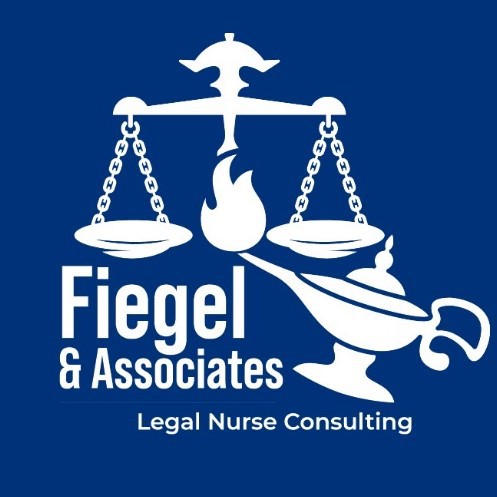Medicare and Medicaid guidelines are fundamental components of the U.S. healthcare system, and Certified Legal Nurse Consultants (CLNCs) must possess a thorough understanding of these regulations to provide effective support in legal matters. Medicare is a federal program primarily for individuals aged 65 and older, while Medicaid is a state and federal program assisting low-income individuals and families. CLNCs often find themselves involved in cases where compliance with these guidelines is paramount, as violations can lead to severe legal consequences.
One of the key responsibilities of CLNCs is to analyze cases involving Medicare and Medicaid to determine whether healthcare providers adhered to the applicable guidelines. This involves a meticulous review of medical records, billing practices, and treatment protocols to ensure compliance. Understanding the nuances of these regulations is essential for CLNCs, as even minor discrepancies can have significant legal implications.
CLNCs also play a vital role in assisting attorneys with cases that involve fraudulent billing practices, such as billing for services not rendered or providing unnecessary treatments. Their expertise in Medicare and Medicaid regulations allows them to identify and address issues that could potentially jeopardize a case. Additionally, CLNCs may provide education to legal teams on the intricacies of these programs, ensuring that all parties involved have a clear understanding of the relevant guidelines.
Case examples highlight the importance of CLNC involvement in Medicare and Medicaid cases. For instance, in one notable case, an CLNC identified a pattern of billing errors that suggested systemic fraud within a healthcare organization. This critical discovery not only strengthened the legal case but also led to broader investigations into the organization’s practices.
In conclusion, Certified Legal Nurse Consultants are essential in navigating the complexities of Medicare and Medicaid guidelines. Their expertise in analyzing compliance, identifying fraudulent practices, and educating legal teams enhances the overall effectiveness of legal proceedings. As the landscape of healthcare continues to evolve, CLNCs will remain vital in ensuring adherence to regulations and advocating for patients’ rights.

